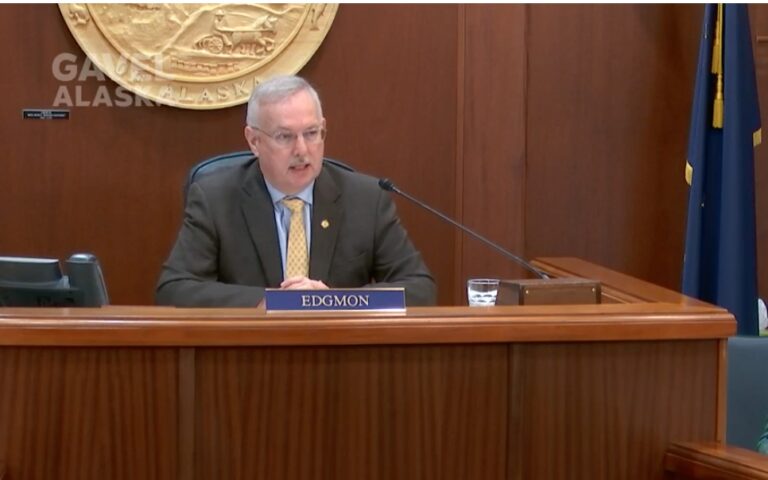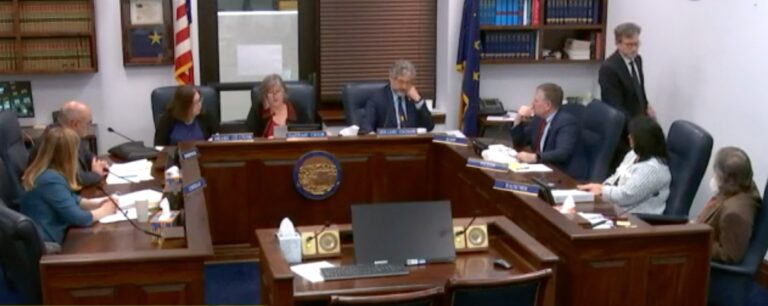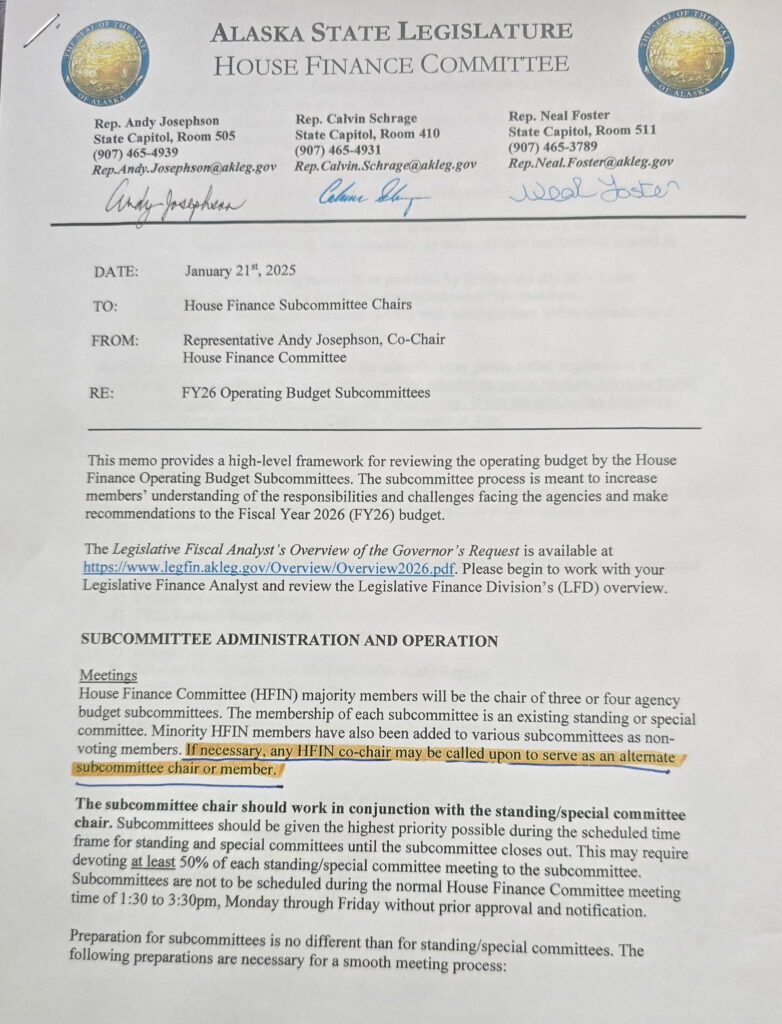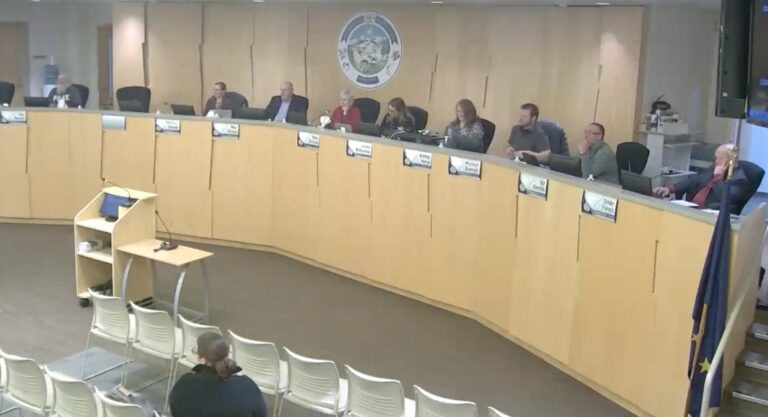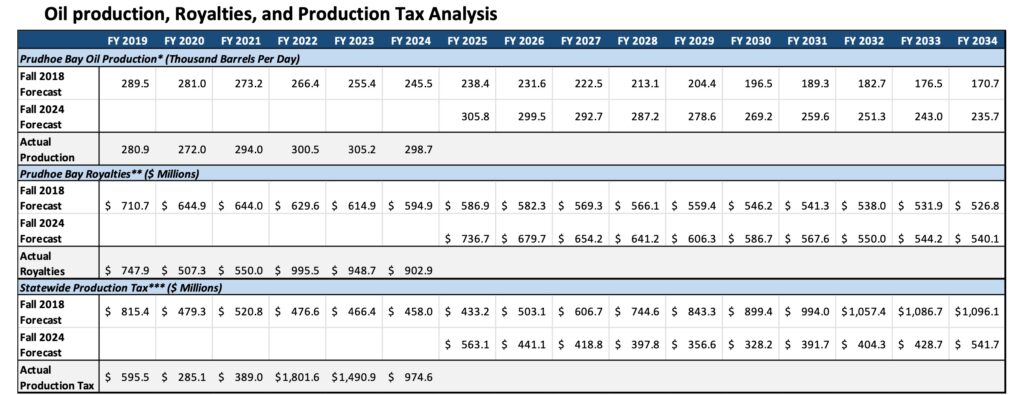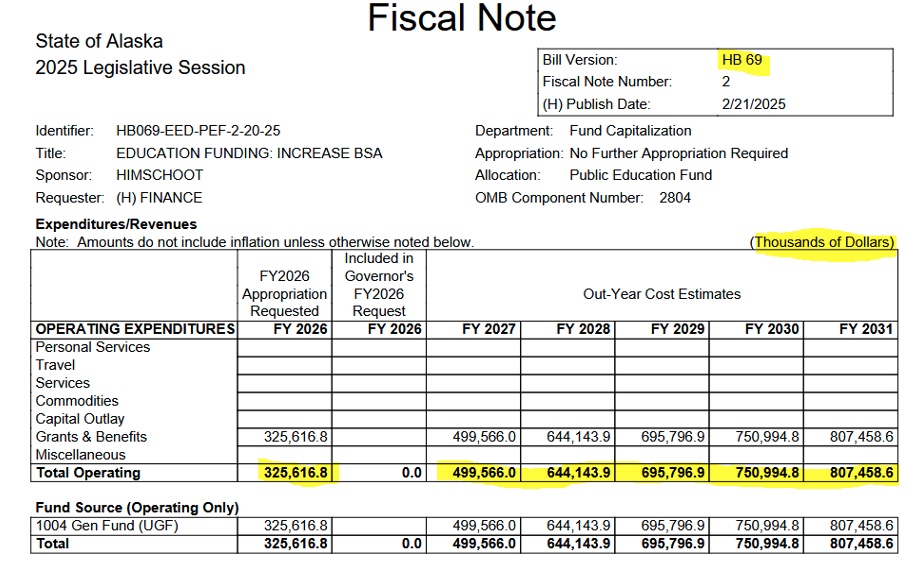By LINDA BOYLE
It’s amazing to discover that various companies were awarded taxpayer dollars just as former President Joe Biden was going out the door.
One that caught my eye was the $28 million awarded to a start-up company that doesn’t even have a web page. And on its grant application, it listed a Maryland post office box.
The National Institutes of Health provided this grant to a venture-backed company called Vaccine Company Inc. The grant’s purpose was to develop flaviviruses vaccines to combat viruses that include West Nile, dengue, and Zika viruses.
NIH’s Advanced Research Projects Agency for Health selected Vaccine Company along with three university sites (La Jolla Institute for Immunology, University of Washington, Vanderbilt University) to develop a more robust platform for vaccine development. The goal is to target more than one specific virus at a time—develop vaccines for a family of viruses, such as flaviviruses in the case of Vaccine Company, Inc.
The selected company was to “focus on predictive modeling and machine learning tools to design proteins that can act as broadly effective antigens.” The goal of this research was to identify the protein structures of viruses so to be able to create “more broadly effective, safe, and accessible vaccines.” So, if a new virus in that family of viruses emerges, it will be easier to create a vaccine for it.
That certainly is a laudable goal. Research in that area may be good for humanity. It is the kind of research that needs to be done by experts in the field. It is hoped this research could also lead to advancements in the treatment of cancer.
Enter Vaccine Company. This is a new biomedical firm was established in 2022. Its chief financial officer was one of Biden’s top Covid advisors. In researching its location, it gives one P.O. box address in Bethesda Maryland, one in Chicago, and one in California.
There is no company web page to explain how these sites are linked together and even if they are. And there are three different home bases in their business registration filings.
Further intrigue exists. Nowhere can I find exactly who makes up the board of directors. There is a lot of mystery surrounding this organization. I do know it has already spent $2 million of its grant funds—but I can’t tell you on what.
All this information became public when Iowa Sen. Joni Ernst urged Health Secretary Robert F. Kennedy, Jr. to investigate why this startup company with no history of accomplishments but with connections to Biden received this grant. Ernst further suggested RFK Jr. claw back any amount still unspent, if the grant was found to have been given inappropriately.
Ernst told the Free Beacon, “From listing its mailing address as a P.O. box to being run by former Biden staffers, there are alarm bells going off as to how and why Vaccine Company, Inc. was awarded a lucrative government contract. Unfortunately, there are more questions than answers because everything this company does is shrouded in mystery. It should not be this hard to figure out where $28 million in tax dollars are going. The American people deserve to know.”
Ernst has given HHS until 17 March to finish its investigation. It will be interesting to see what comes out. How was VCI vetted? Where is it located? Who is involved? Was it given as a political favor? Where is the truth?
It’s well past time to connect the dots to many of our federal grants and contracts.
Linda Boyle, RN, MSN, DM, was formerly the chief nurse for the 3rd Medical Group, JBER, and was the interim director of the Alaska VA. Most recently, she served as Director for Central Alabama VA Healthcare System. She is the director of the Alaska Covid Alliance/Alaskans 4 Personal Freedom.

